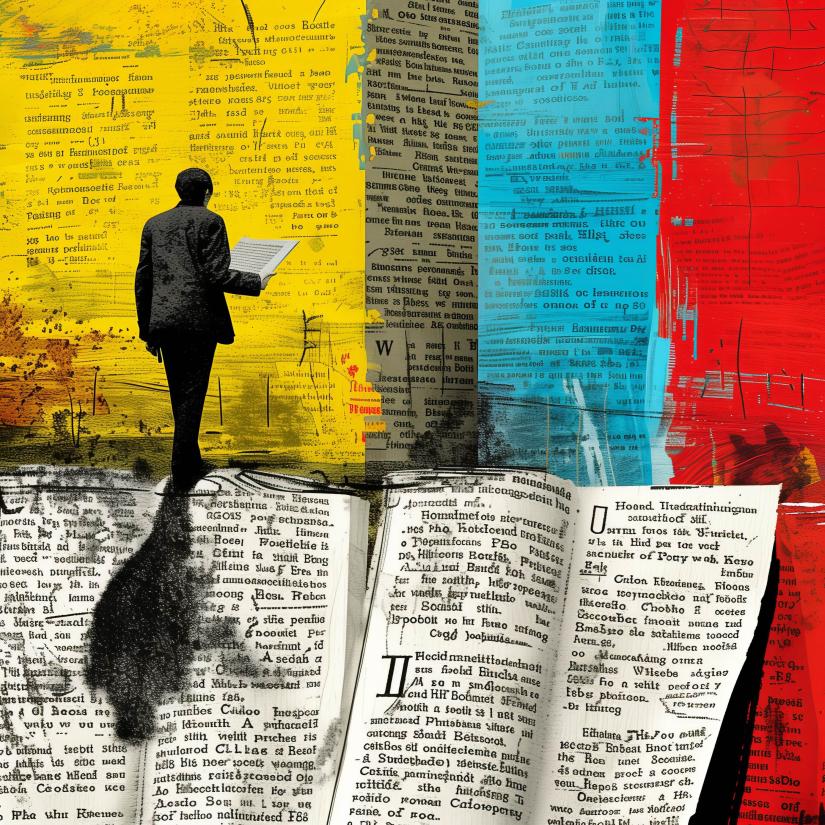Assange, Russia and truth

It was justifiably a very big story. Julian Assange a free man, after a plea deal with the US Justice Department that saw him admitting to a felony charge of conspiracy to obtain and then disclose national defence information. In the meantime, Wall Street Journal reporter Evan Gershkovich, an American citizen, is behind bars in Moscow, being tried by the Russian state for spying, which even Russia’s President Vladimir Putin seems to admit is a political manoeuvre.
Assange’s plea deal ends a 14-year legal battle during which the Australian spent seven years holed up in the Ecuadorian Embassy in London and some five years in a British prison as he fought a US extradition request to face espionage charges. Had the US been successful, and Assange been convicted, he’d have faced 170 years behind bars. Gershkovich would face some 20 years behind bars if convicted.
The US claimed Assange’s Wikileaks publication of secret files which exposed alleged US war crimes, mass casualties in Afghanistan and Iraq and torture of prisoners held by the US in Guantanamo Bay, put lives in danger. The US Justice Department noted: “By publicly releasing these documents without redacting the names of human sources or other identifying information, Assange subjected these individuals to serious harm and arbitrary detention.” Yet, the judge signing off on the deal said that no one had, in fact been harmed.
As ABC TV’s Media Watch reported on Monday night, journalists in the UK and the US noted early on in the Wikileaks saga – even when the organisation was working on The Afghan Diaries with The New York Times, The Guardian, Le Monde, Der Spiegel and El Pais - that the Taliban was using the highly redacted logs to find informants. Then, a year after the publication of The Afghan Diaries, Assange decided to dump on the internet several hundred thousand US diplomatic cables, unredacted.
Is that journalism? Receiving and publishing information that reveals an otherwise unknown truth is journalism, if knowing that truth is in the public interest. However, ethical journalism also requires editing information to do one’s best to prevent harm from coming to the leaker or to anyone identified in the documents who is incidental to the wrongdoing. Assange forgot or ignored the ethical consideration that ensures journalism must aim to do no harm to those who serve its cause.
Few would disagree that Assange has paid the price for his ethical lapse. Twelve years is a long time to be deprived of your freedom to live and work as you please. But in the zeal shown by news media here at his arrival home to a cold, wet Canberra, it would have better served audiences to understand the politics of the plea deal which freed Assange; the claim that no-one was harmed by his actions was a convenience that got the “Assange problem” off the table at a time the US Government is berating the Kremlin over its arrest of a Wall Street Journal reporter on trumped up charges of spying. Here’s hoping the Kremlin avails itself of the same political convenience towards Gershkovich.
In our newsletter this week, Kieran has been testing out generative AI’s infamous ability to extract information from large volumes of documents, which has been useful in academic research. Will it be the same for journalism?
It's been fairly quiet on the misinformation front since last year's release of the draft Combatting Misinformation and Disinformation Bill. But it's clear the government has been beavering away in the trenches. Michael considers what we can expect, and should hope for, in a redrafted bill.
And finally, Tim Koskie, who this week left us to take up a Postdoctoral Fellowship at the University of Sydney, writes about how scholars around the world are thinking about what government can do to help subsidise private media, a subject of discussion at this year’s International Communications Association Post Conference on the Gold Coast – from which many of us at the CMT have just returned.

Monica Attard, CMT Co-Director
